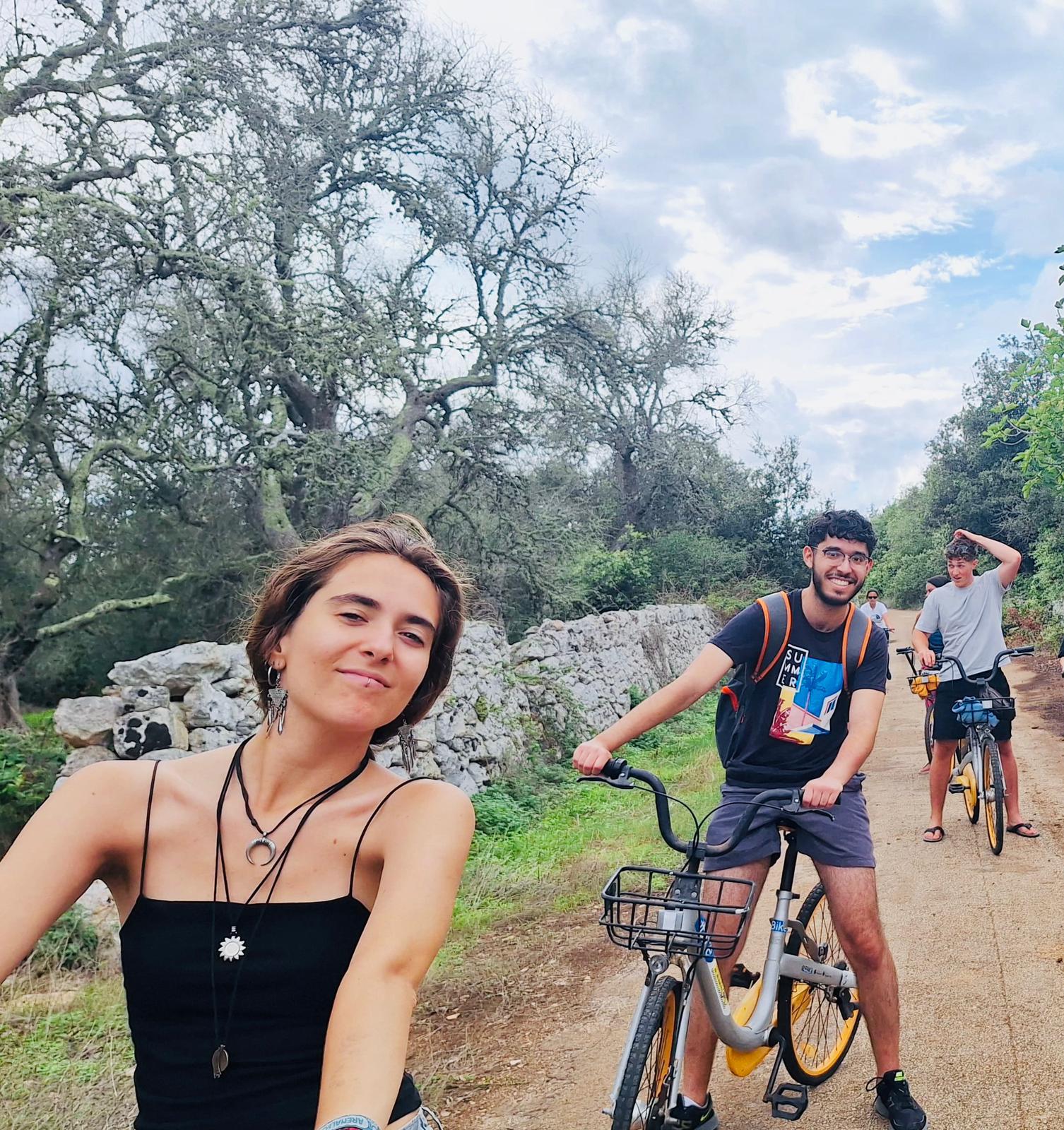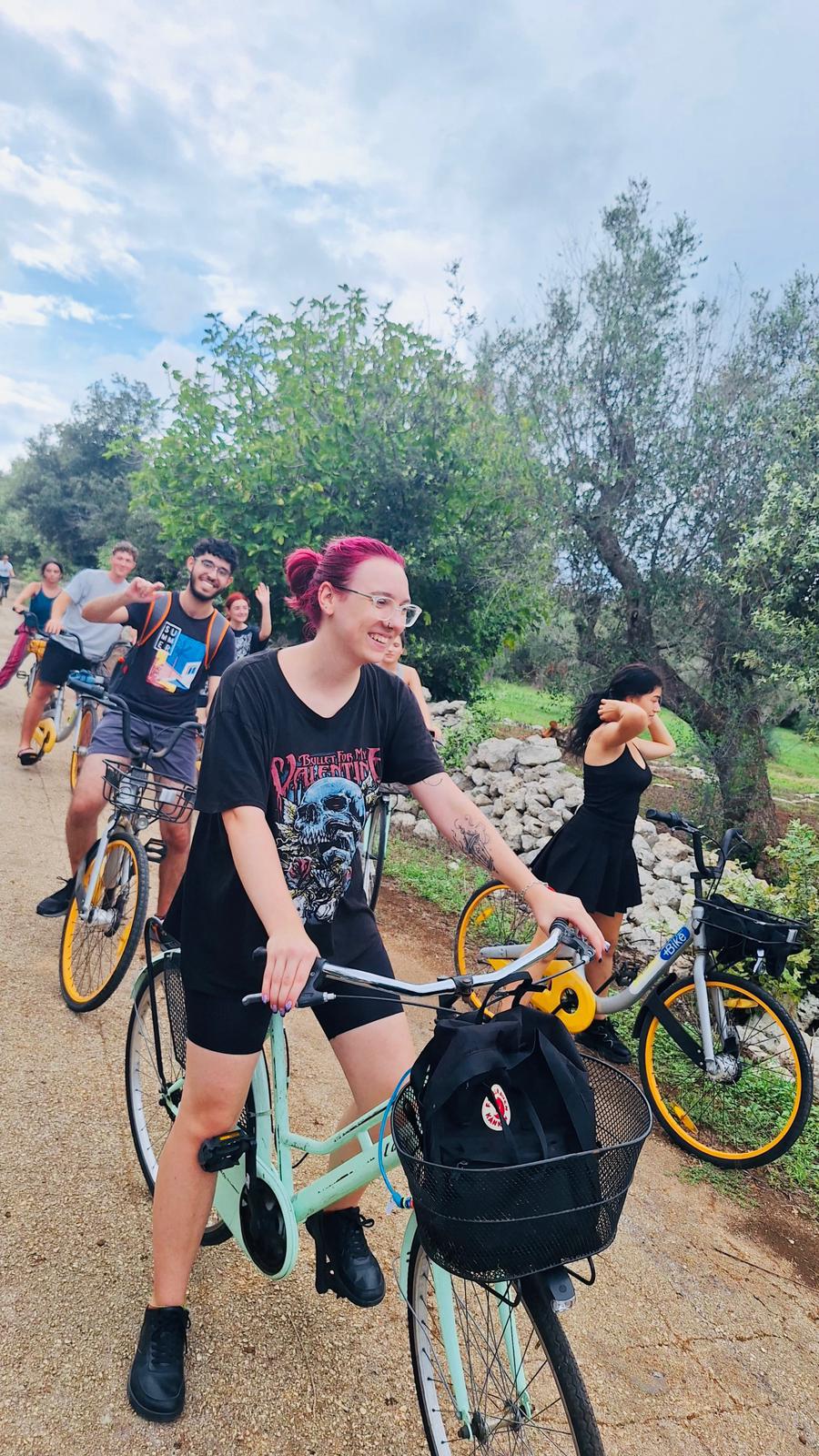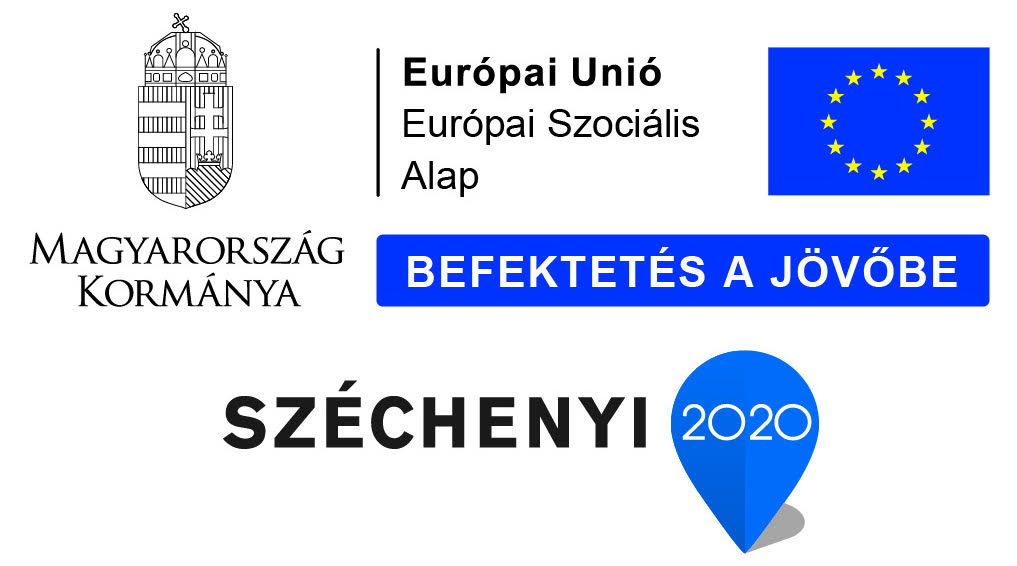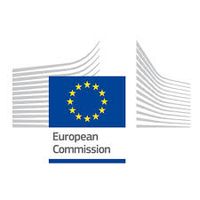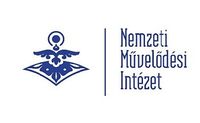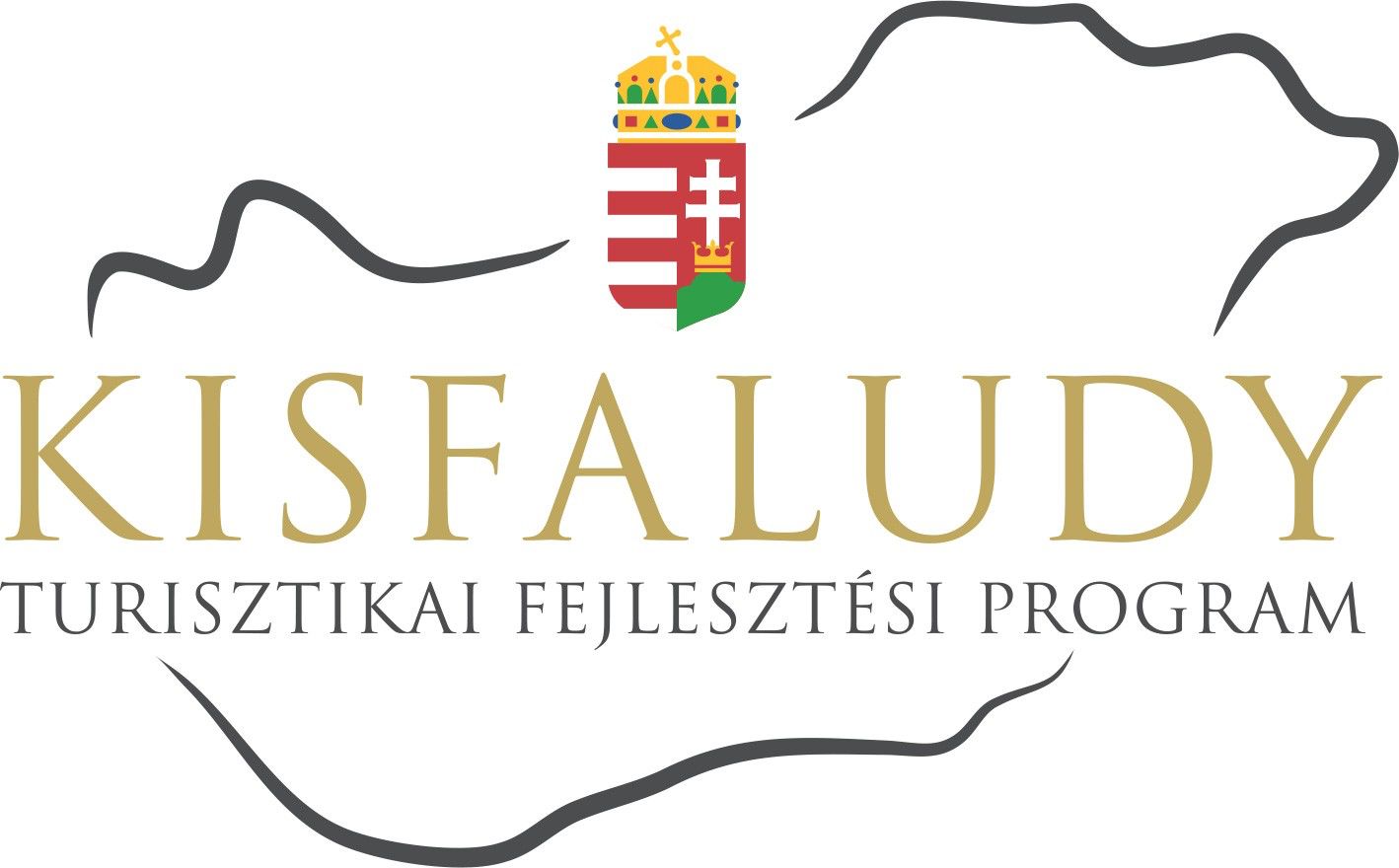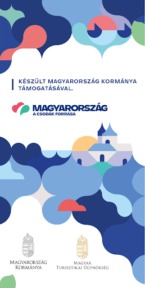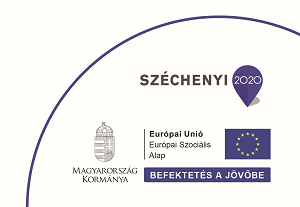Promoting Sustainable Tourism Among Youth: A Journey for Social and Environmental Awareness
From September 6th to 20th, 2024, the "KA1 SMART SUSTAINABLE TREK: A Cycling Journey for Social and Environmental Awareness" project brought together 36 young people from Spain, Romania, Bulgaria, Hungary, France, and Italy. The initiative aimed to promote sustainable tourism among youth by leveraging the experience and expertise of organizations involved in the Erasmus+ program. The 15-day cycling journey in Italy integrated sports activities, tourism, and social awareness, creating an immersive learning experience with a strong focus on sustainability.
Project Objectives
The primary goal was to raise awareness about the importance of environmental and social sustainability in tourism. Through a structured and collaborative approach, the project facilitated social dialogue, sustainable mobility, and physical well-being among participants. By engaging young people in hands-on activities, the project aimed to inspire more responsible and eco-friendly travel practices.
Activities Implemented
Social Dialogue: Participants engaged with local social organizations and communities along the route, building a sense of solidarity and community involvement. These interactions helped establish meaningful collaborations and encouraged cultural exchange.
Sustainable Mobility: Bicycles were used as the main mode of transportation, emphasizing the benefits of eco-friendly travel. This approach allowed the participants to connect more deeply with the natural environment while promoting a sustainable lifestyle.
Health and Well-being: The itinerary included daily routes ranging from 10 to 30 kilometers, with planned breaks for rest and recovery. The participants learned how to manage their energy and biological rhythms through physical activity, making the journey a holistic experience.
Project Implementation
The project followed a well-structured itinerary that involved morning departures, midday breaks, and evening group discussions to assess the progress and overall well-being of the participants. A support van provided logistical and mechanical assistance, ensuring the safety and smooth running of the journey. Continuous communication was maintained among project partners through online meetings and collaborative tools like Google Drive and WhatsApp, which facilitated coordination and problem-solving.
Adaptations and Collaborations
During the project, certain activities were adjusted to better suit the needs of the group and the local contexts. Collaborations with third-sector organizations, such as ARCHES, Marina Serra, Casa delle Agriculture, and Vox Maris, enriched the participants' experiences and strengthened the connection with the local communities.
Results and Impact
Increased Awareness of Sustainability: Through practical experiences along the cycling route, participants gained a deeper understanding of sustainable tourism and eco-friendly practices. They were sensitized to the environmental and social impact of their actions, fostering a sense of responsibility.
Cultural and Social Exchange: The project facilitated the exchange of experiences and ideas among young people from different countries, promoting intercultural understanding and forming lasting friendships.
Skill Development: Participants developed practical skills, such as managing a mountain bike journey, and soft skills like problem-solving, emotional resilience, and adaptability to new situations.
Social Involvement: Interactions with local communities provided opportunities for social projects and volunteer work, encouraging participants to contribute positively to the host communities and fostering a sense of civic responsibility.
Highlighting the Erasmus+ Experience: The project showcased the Erasmus+ program as a valuable tool for personal and professional growth, inspiring participants to share their acquired skills and experiences with their networks and online platforms.
The "SMART SUSTAINABLE TREK" project demonstrated that sustainable tourism can be a powerful vehicle for education and social change. By integrating physical activity, cultural exploration, and community engagement, it offered a transformative experience that left a lasting impact on both participants and local communities, paving the way for a more sustainable future.
